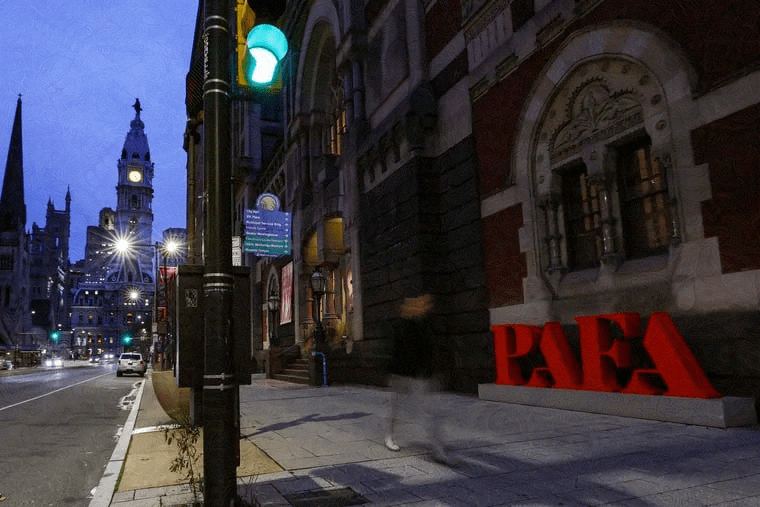The Pennsylvania Academy of the Fine Arts is closing down its degree programs.
The Pennsylvania Academy of the Fine Arts announced that it is ending its degree program. PAFA, founded in 1805, is the nation's first art museum and school. The museum is best known for its extensive collection of 19th- and 20th-century American art. PAFA started training students in art at 10th and Chestnut St. at the beginning of the 19th century, but it was Philadelphia painter Thomas Eakins who started the educational program in the 1880s. In 1991, PAFA opened its graduate school, offering a master of fine arts degree, and in 2008, it launched a bachelor of fine arts degree program. PAFA will end its degree-granting programs at the end of the next school year. The Academy will keep its museum open and continue to offer continuing education and K-12 arts programs. Many artists graduated from the program over the course of many decades. Anne McCollum, chair of PAFA's board, said in a press statement that the new plan would marry the best of PAFA's history with a future vision that appealed to a broad art community and was financially sustainable. PAFA is currently running a $3 million annual deficit, and ending its degree programs is expected to save $1 million. PAFA hopes to rent out some of the space in the Hamilton building to bring in new revenue. PAFA has raised tens of millions of dollars for building renovations over the last few years, but the president said that it didn't make sense to raise funds to save the degree programs. The school's costs have gone up while the number of students has gone down according to figures provided by school officials. The school had a loss of $7,090 per student in the fiscal year of 2023, compared with a gain of $6,322 per student in the previous year. The school said that students who want to graduate from PAFA in ten years will still be able to do so. In a statement addressed to members of the PAFA community, Pryor said that they will create transfer plans to a range of local and well-regarded schools so that students can complete their arts degrees with minimal disruption. The University of the Arts, Temple University's Tyler School of Art and Architecture, Moore College of Art & Design, Arcadia University, and Pennsylvania College of Art and Design have agreements with him. The masters of fine arts was a graduate-level program with a competitive application process and a requirement that students already have a college degree. The PAFA certificate program taught the foundations of art, without a core curriculum of traditional academic subjects. PAFA currently has 21 full-time and 21 part-time faculty members, and although they will be retained for now, there is no firm plan for their employment after the degree programs are phased out. The number of faculty who will be retained will depend on how many students enroll in the restored certificate program. PAFA has always provided world-class fine arts education. The alumni of the school are some of the most boundary-pushing, radical artists.

